DuMOR Senior Horse Feed, 50 lb Bag
DuMOR Senior Equine Feed is a premium quality horse feed, developed specifically to meet the nutritional needs of senior horses (age 16+*.) This easy to chew feed features essential nutrients and beneficial additives including omega-3 fatty acids, probiotics, prebiotics and organic minerals.
DuMOR Senior Equine Feed is a premium quality horse feed, developed specifically to meet the nutritional needs of senior horses (age 16+*.) This easy to chew feed features essential nutrients and beneficial additives including omega-3 fatty acids, probiotics, prebiotics and organic minerals.
- For aging horses – Easy to chew
- A complete feed – with built-in forage
- Added Biotin – To support hooves
Additional information
| Food Form | Pellets |
|---|---|
| Horse Life Stage | Senior |
| Packaged Height | 35 in. |
| Packaged Length | 4 in. |
| Packaged Weight | 50 lb. |
| Packaged Width | 16 in. |
| Product Height | 35 in. |
| Product Length | 35 in. |
| Product Weight | 50 lb. |
| Product Width | 16 in. |
| Special Diets | Probiotics, Omega Fatty Acids |
| Manufacturer Part Number | 3006188-206 |


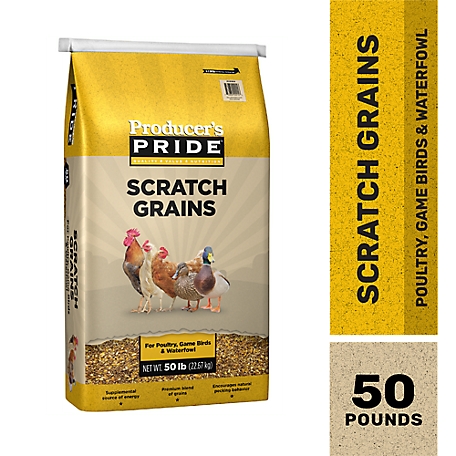

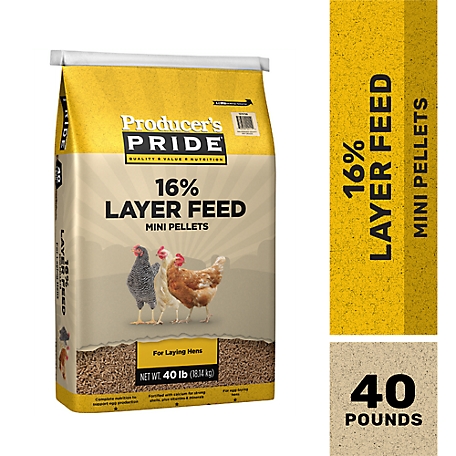
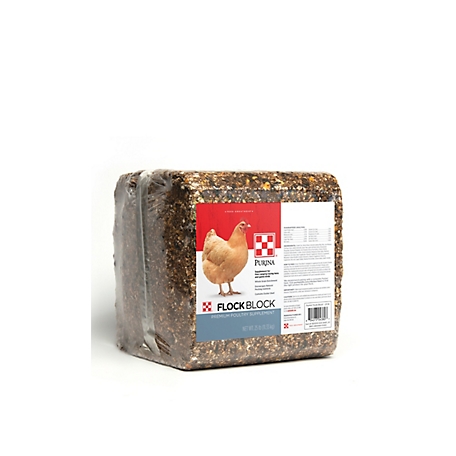

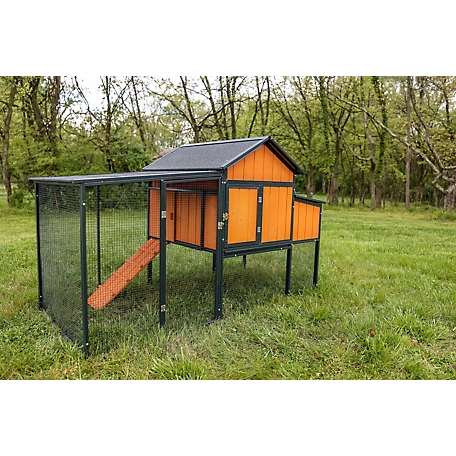

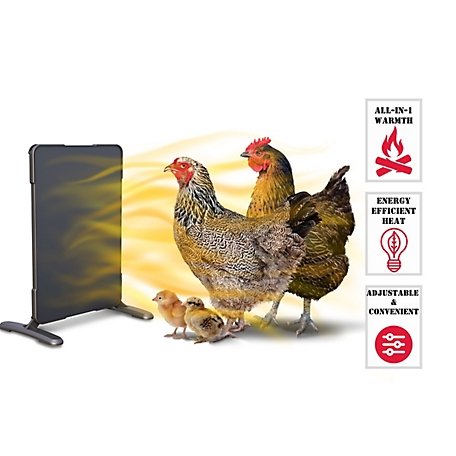

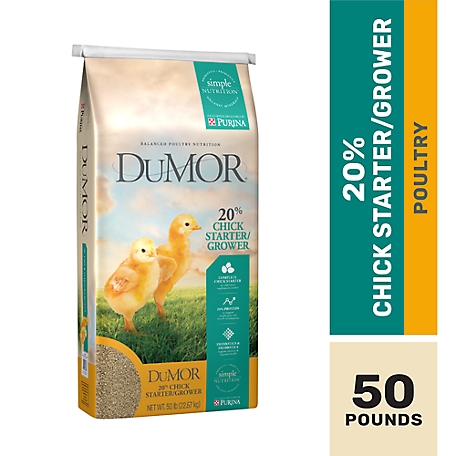
by Zies
My horses prefer some corn mixed in.
by Donna
Could use a few more essential vitamins and minerals for senior horses.
by Susanah
This is a quality senior feed at a good price.
by Gardnet
My older horse loves it.
by Andrew
I have been using DuMor Senior Supplement for 9 years. At 24, Reno is “Healthy as a Horse”🤭. All kidding aside, my mare hasn’t had any gastrointestinal issues, her coat, mane & tail is beautiful & she has maintained a healthy weight since I put her on a daily regiment. On top of it all, she loves the DuMor supplement & is what she eats first before her hay. She’ll throw all the hay out of her feed to get every last pellet.